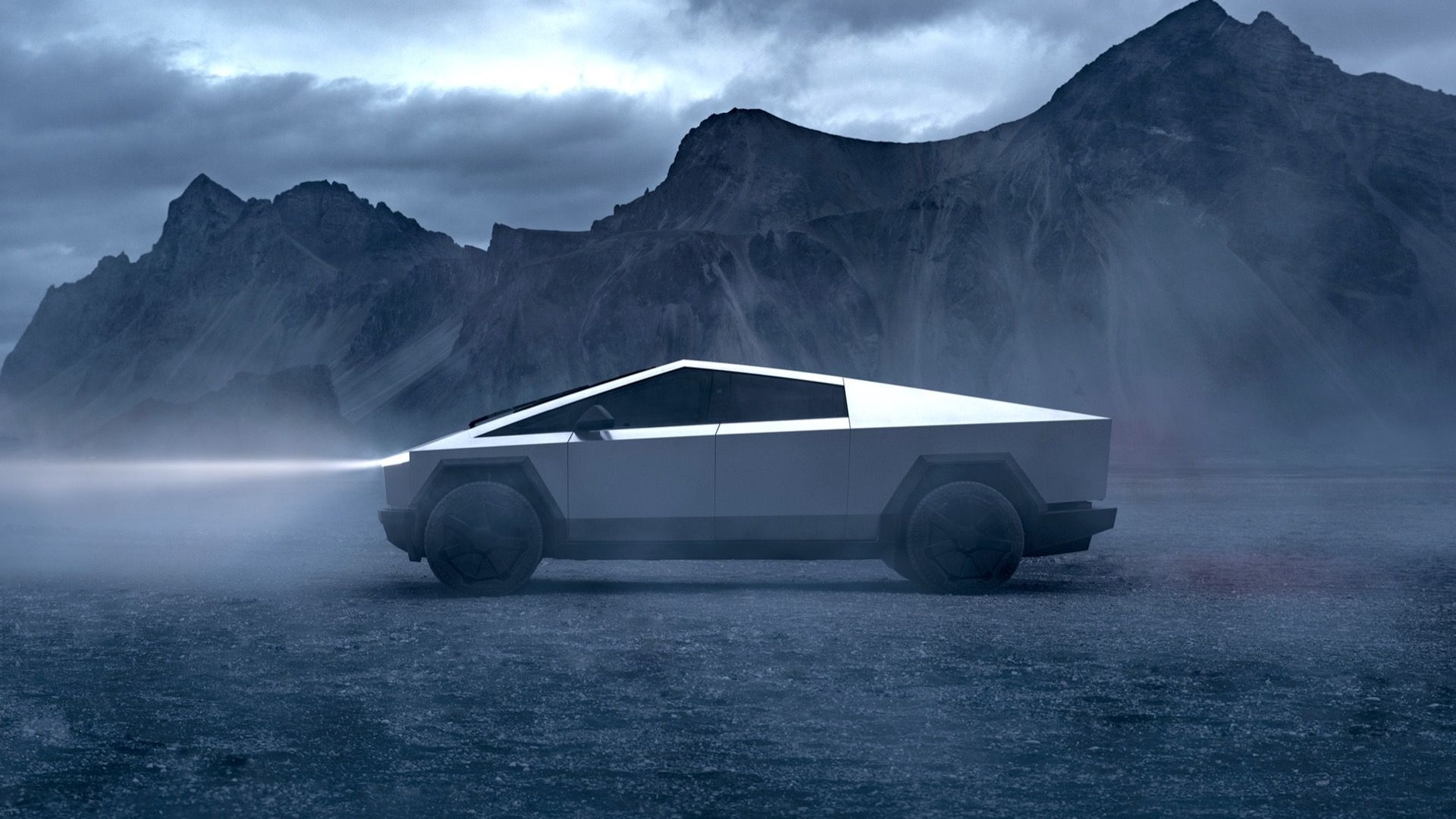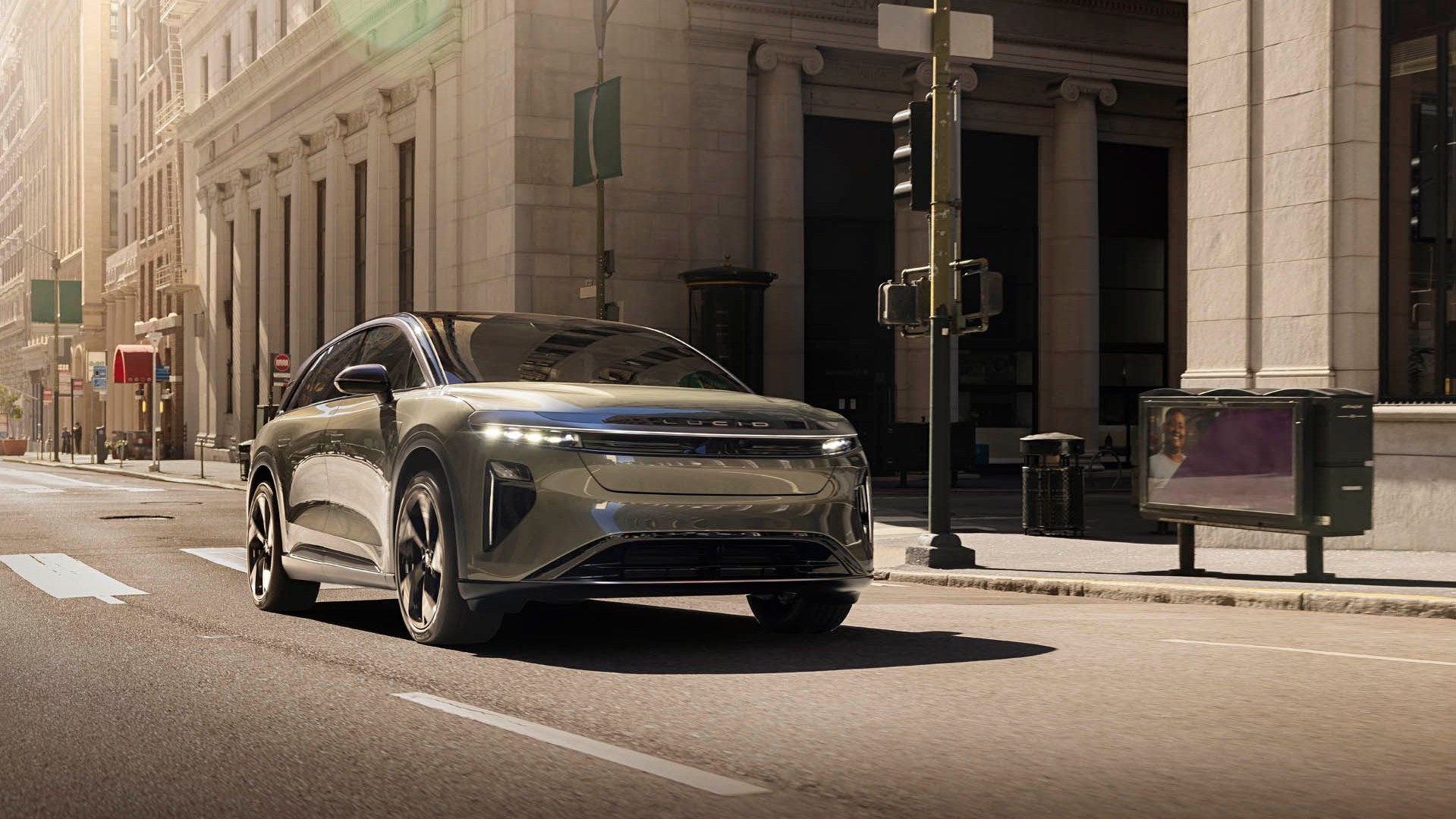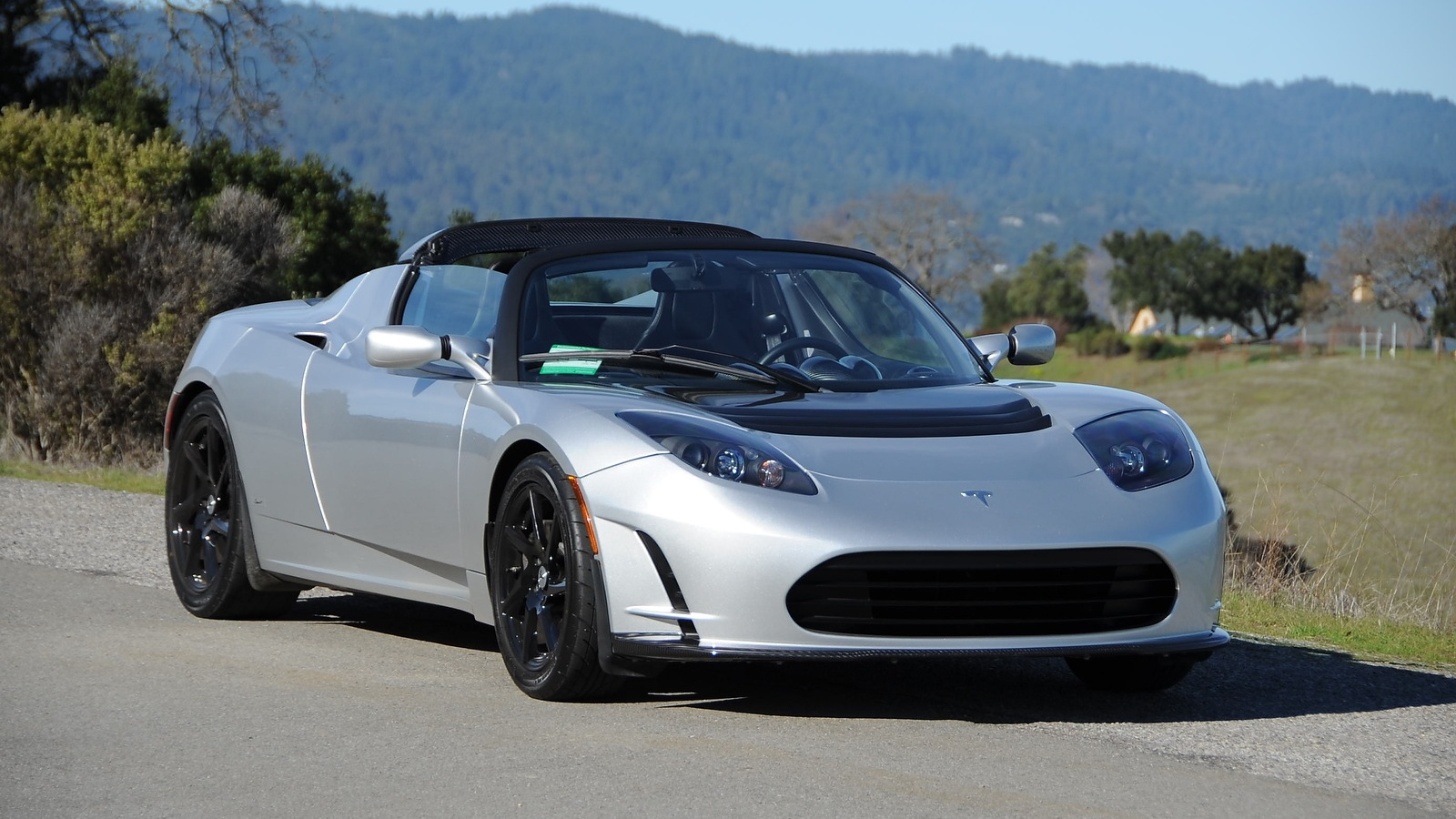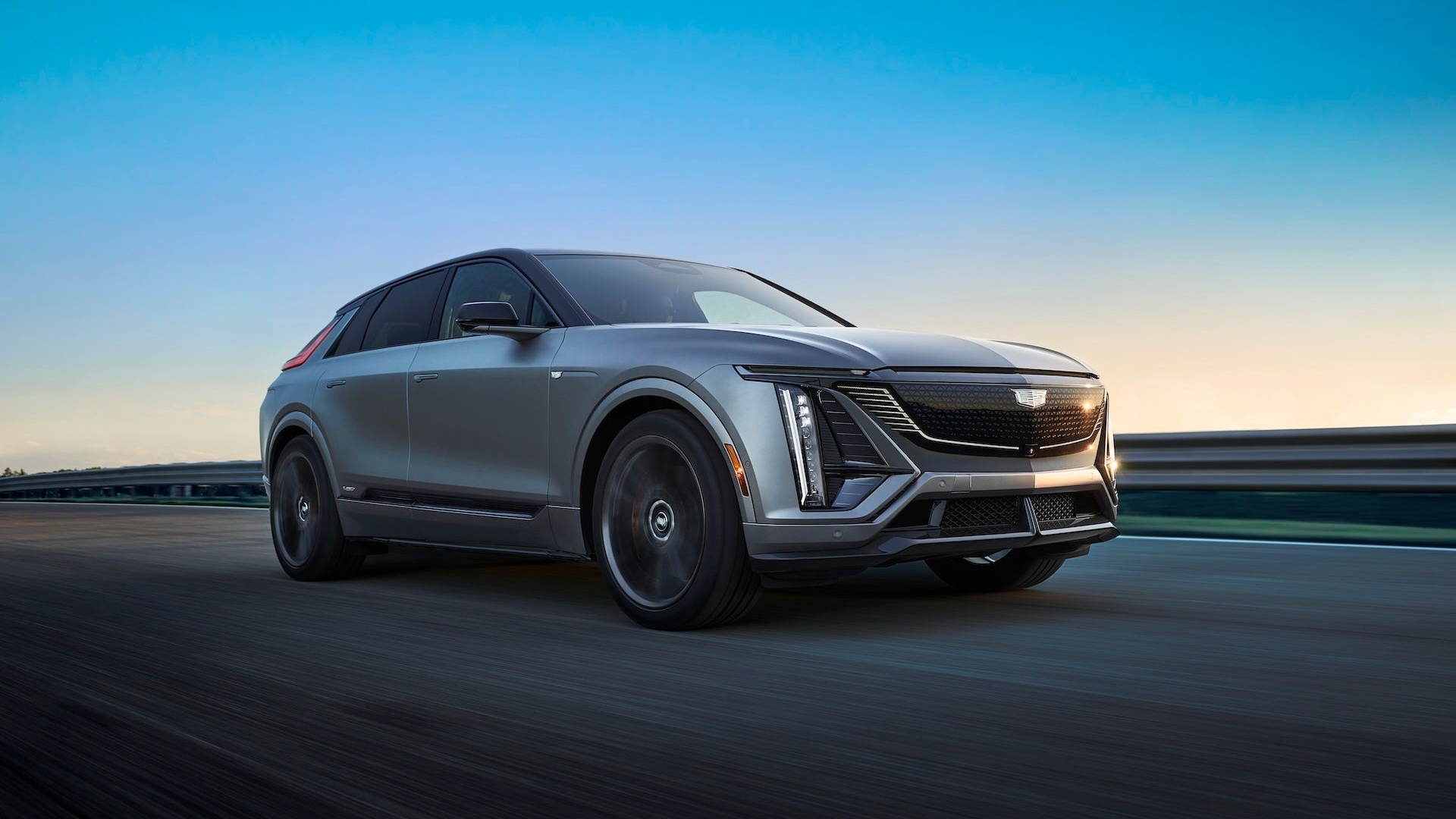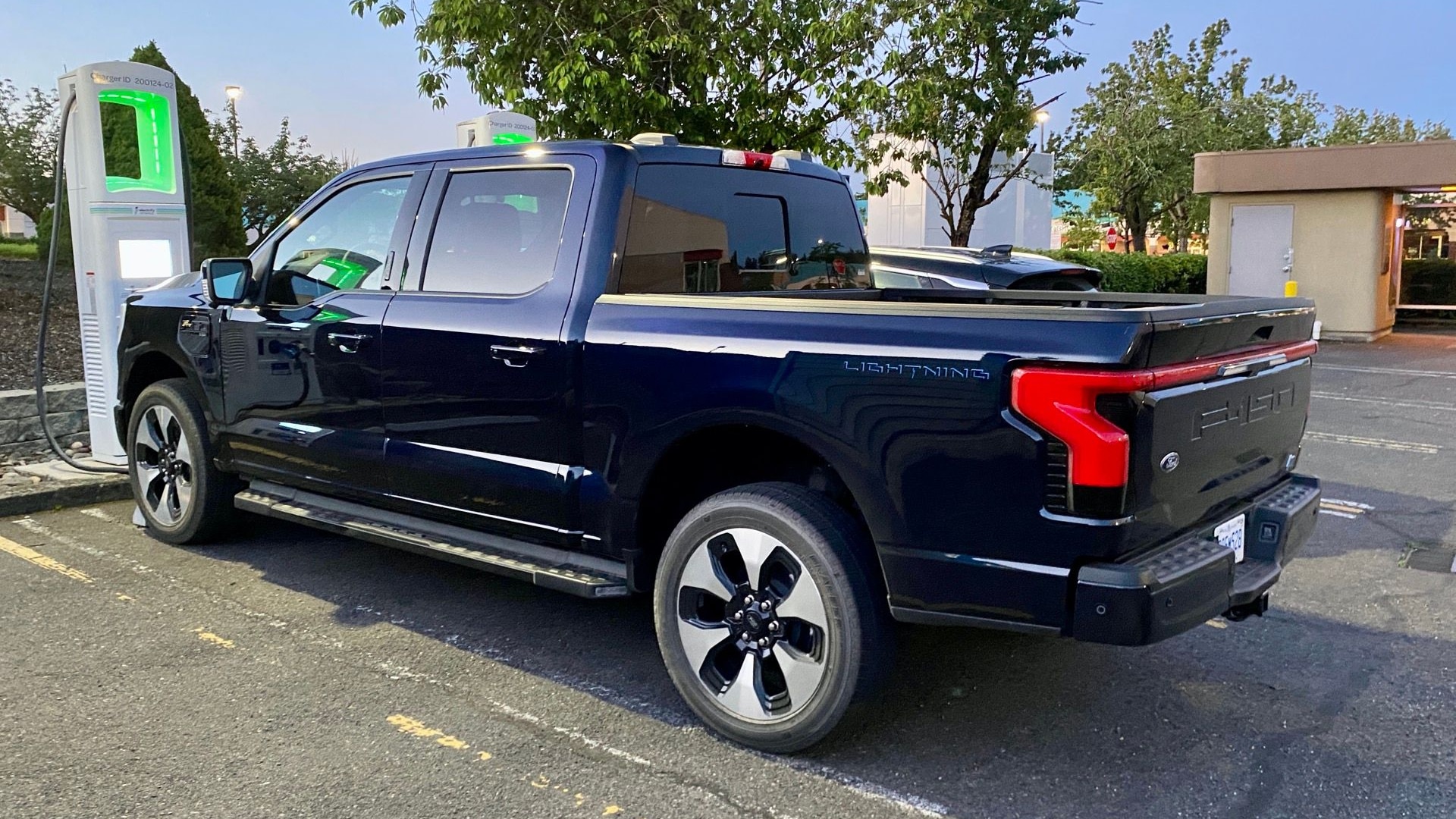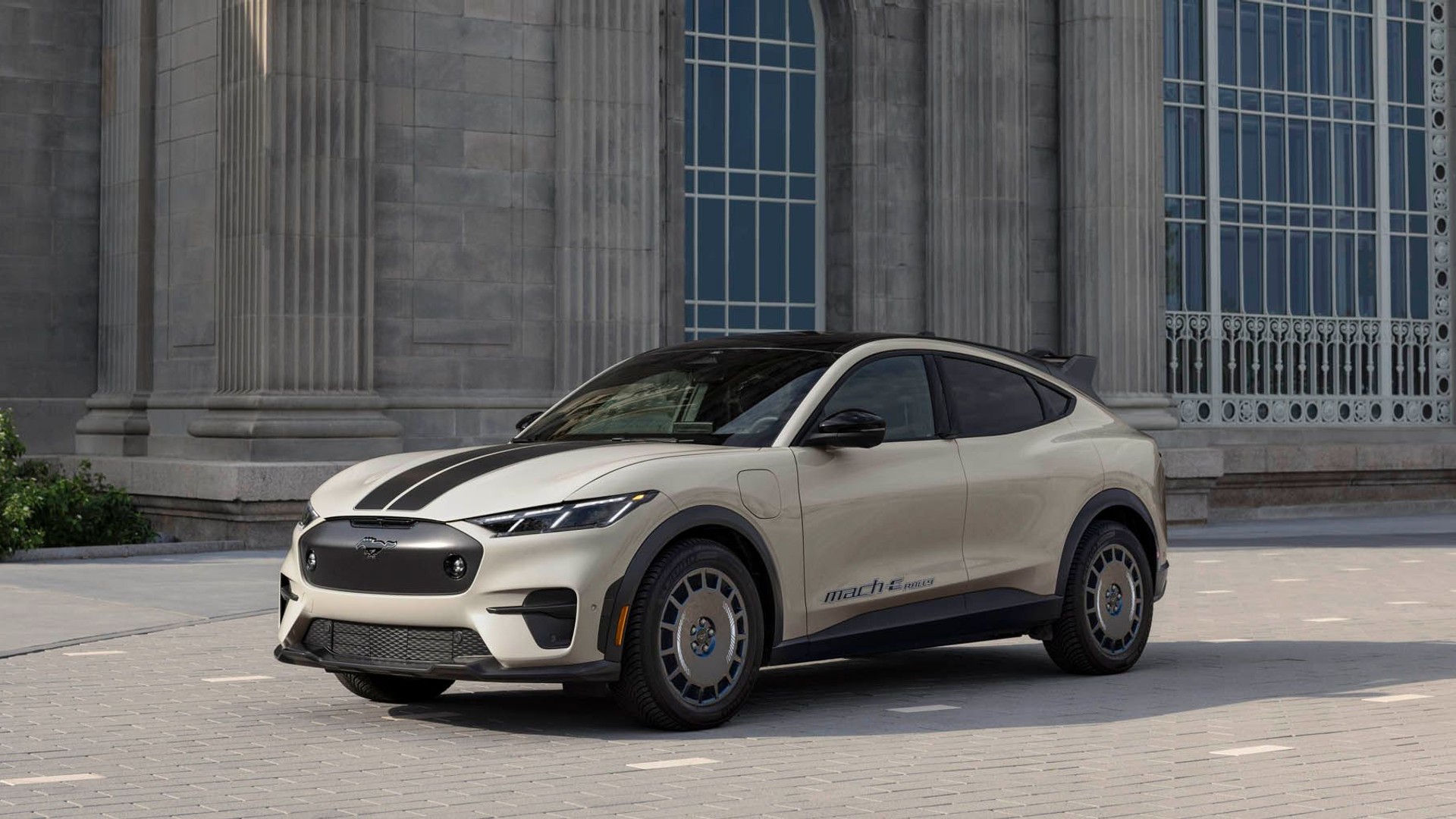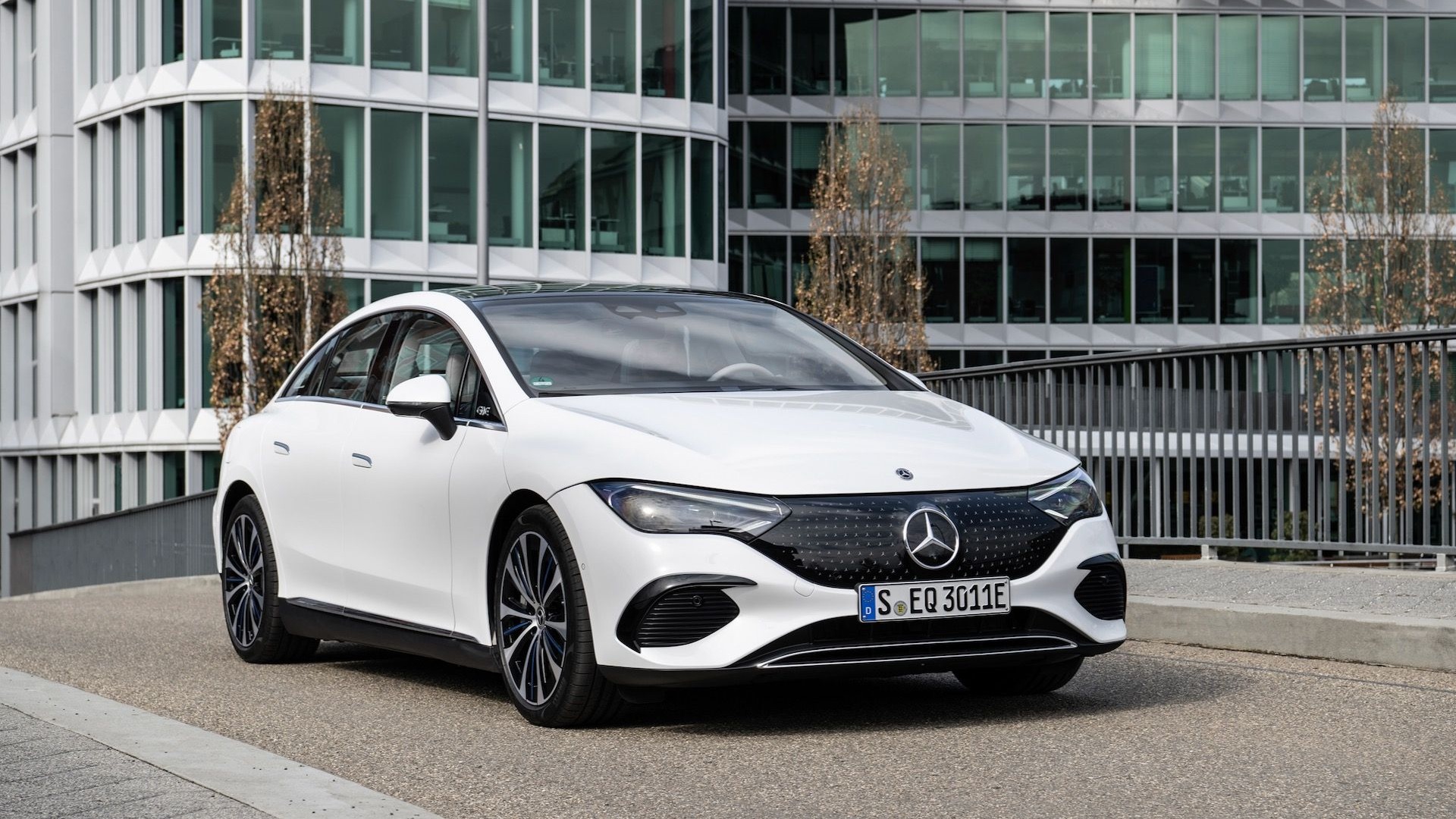If you were to make assumptions about hybrid and electric vehicle owners--and we're sure many do, for good or bad--how do you see them?
Perhaps technology-savvy, of reasonable income and a little older and wiser. Generally though, you'd expect electric and hybrid vehicle buyers to be fairly similar.
Well, that's more or less what Experian's latest electric and hybrid vehicle analysis has revealed--though there are some notable differences between the buyers of each sort of vehicle.
ALSO SEE: Why Electric-Car Charging At Work Matters: Explaining The 'Duck Curve'
In simplified terms, electric car buyers are a little younger and a little wealthier than their hybrid-buying counterparts.
"Youth" and "wealth" don't always go hand-in-hand these days, but Experian's survey shows that more than 45 percent of hybrid buyers are 56 years old or older, but only 26 percent of electric car buyers fit in the same group.
The largest percentage of electric car buyers, 55 percent, are between 36 and 55 years old.
At the same time, their average household income is greater--over a fifth of electric vehicle buyers make $175,000 or more per annum, per household, while only 12 percent of hybrid car buyers are in the same bracket.
EV buyers also have a slightly better credit score, finance slightly more per vehicle (at a lower interest rate), but still pay off their vehicle loan in a shorter period--58 months on average, compared to 62 months for hybrid buyers.
When considered, some of these statistics aren't that surprising.
Electric cars are generally more expensive than their hybrid counterparts--so owners are naturally more likely to have a higher income, a better credit rating and be able to afford the average $549 monthly payment, to a hybrid's $467.
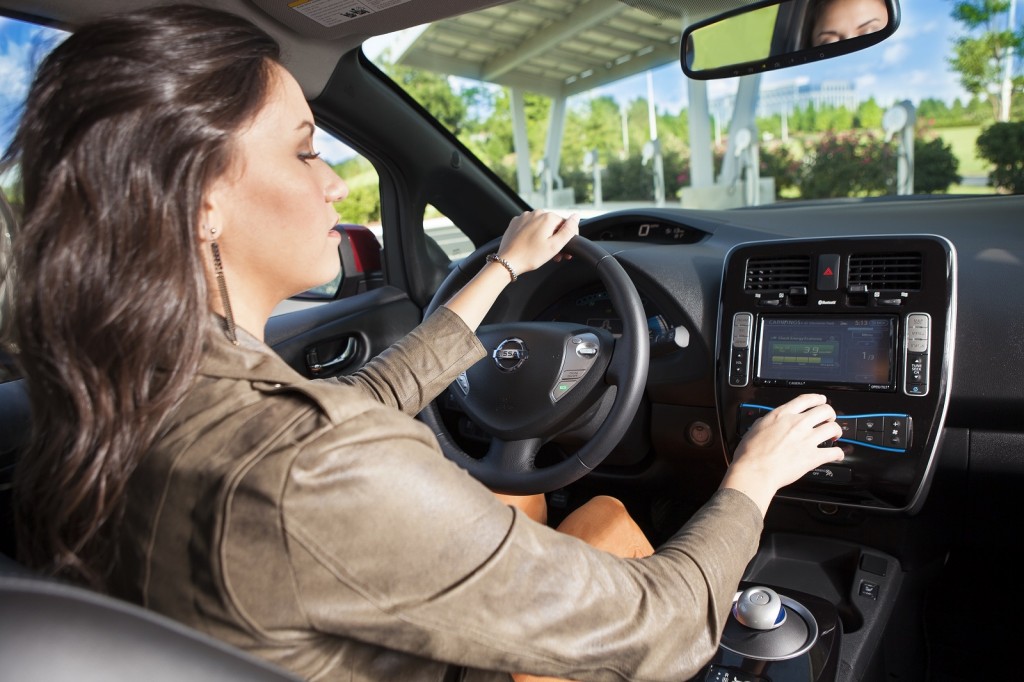
2014 Nissan Leaf
In addition, Tesla's Model S, the second-most popular all-electric car on sale is also more expensive than most other EVs and hybrids, surely influencing the results.
Even the Nissan Leaf, the most numerous electric vehicle on the road, is more expensive than the highest-selling hybrid, Toyota's Prius.
At the same time, the novelty and technological appeal of pure electric cars may make them more appealing to younger, more tech-savvy buyers--they're not just cars but also the latest gadgets, traditionally a youthful pursuit.
DON'T MISS: Will GM Offer A Five-Seat Hybrid Or Volt To Target Prius V, Ford C-Max?
However, one of the other statistics speaks of the value of electric cars on lease: despite monthly purchase payments being higher for electric cars in 2013, the average monthly lease payment on an electric car was just $263--$123 less than that of hybrids.
At the same time, electric car owners lease their cars for a shorter period--29 months versus 35 months.
These figures are liable to fluctuate over the next few years though, as more electric vehicles hit the road.
While electric vehicle sales are unlikely to maintain their 245 percent growth-rate in 2014--compared to 19 percent growth in the hybrid sector--the increased affordability of electric cars and increased choice in the market means new buyers are appearing all the time.
For the time being though, electric car buyers are both younger and wealthier than hybrid buyers. How many of you would have assumed that to be the case?
_________________________________________




